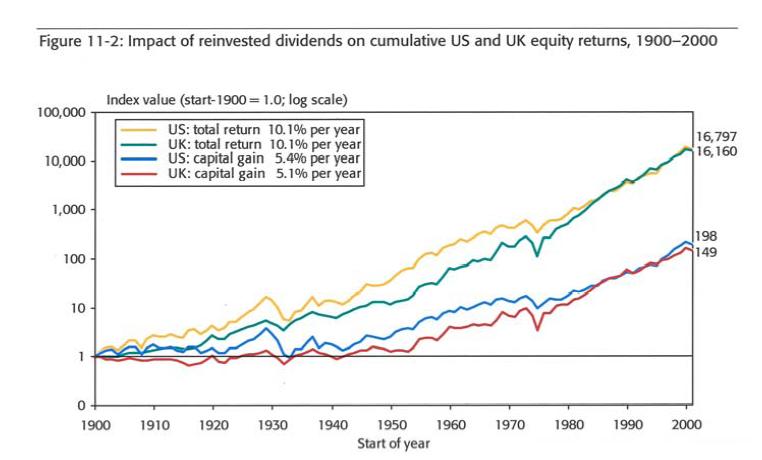The following five Mexican ADR stocks closed under $10 yesterday:
1.Maxcom Telecomunicaciones (MXT)
Sector: Telecom
Closing Price on Oct 19th: $3.65
2.Cemex (CX)
Sector: Construction &Materials;
Closing Price on Oct 19th: $7.71
3.Grupo TMM (TMM)
Sector: Industrial Transportion
Closing Price on Oct 19th: $2.81
4.GRUMA (GMK)
Sector: Food Producers
Closing Price on Oct 19th: $6.00
5.Grupo Simec (SIM)
Sector: Industrial Metals&Mining;
Closing Price on Oct 19th: $7.44

